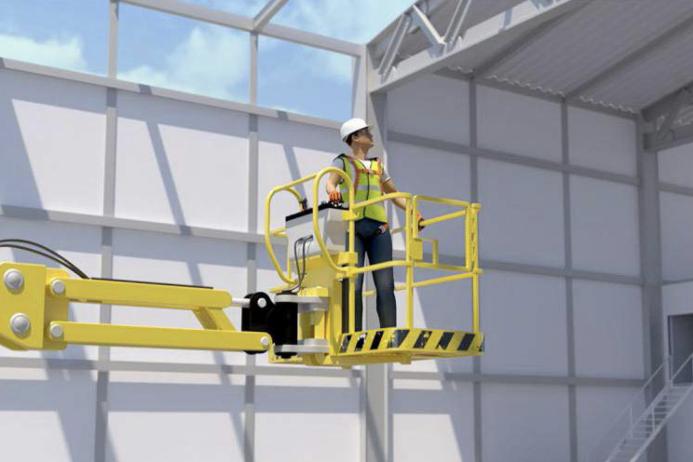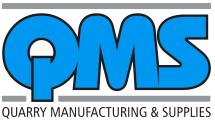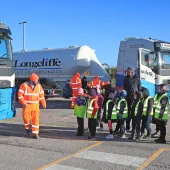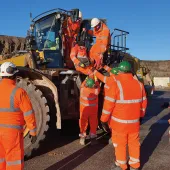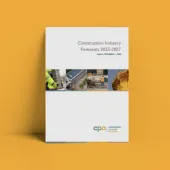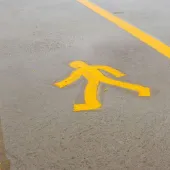Revised guidance on MEWP safety
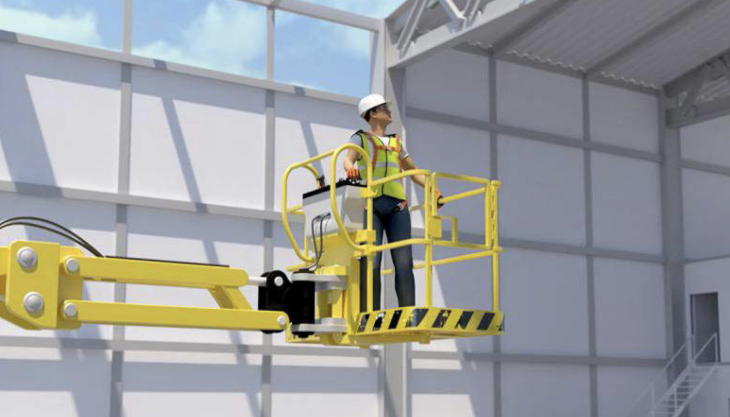
Updated guidance aims to reduce risks of entrapment and crushing incidents when using MEWPs
REVISED safety guidance has been published explaining how to reduce the risks of trapping and crushing incidents when using mobile elevating work platforms (MEWPs). Published by the Construction Industry Plant Safety Group (CIPSG), the 22-page ‘Good Practice Guidance for Reducing Trapping/Crushing Injuries to People in MEWPs’ was developed in partnership with the International Powered Access Federation (IPAF).
The guidance document is now available to view and download free of charge from either the IPAF or CPA websites. It has been compiled by the CIPSG for MEWPs which is chaired by the Construction Plant-hire Association (CPA) and administered and supported by IPAF.
MEWPs are widely acknowledged to be one of the safest and most efficient means of enabling temporary working at height. Nevertheless, between 2016 and 2020, incidents entered into the IPAF Reporting Portal from 15 countries identified that 73 people died in entrapment incidents globally.
Entrapment injuries to persons in the MEWP platform are usually serious and often fatal. The guidance has been produced by the CIPSG for MEWPs to raise awareness of the risks and covers the measures that can be used to reduce them. It contains guidance on planning, risk assessment, MEWP selection, operator training, familiarization and rescue. Emphasis is placed on the practical measures that MEWP users can take to avoid entrapment.
The guidance was originally published in 2010 and has undergone significant revision in this latest version. The document has been restructured to improve readability and understanding of the topic and new illustrations have been added. The content reflects and builds upon findings from the recently published Health and Safety Executive Research Report (HSE RR1180:2022), which examined the effectiveness of secondary guarding when employed in a range of different entrapment scenarios.
Brian Parker, IPAF’s head of safety and technical, commented: ‘This updated guidance has taken a while to develop, but it was much-needed, as data gathered via IPAF’s Reporting Portal shows that entrapment is consistently one of the top-five causes of serious injuries and deaths when using MEWPs.
‘Much work and cross-industry consultation has gone into this document to ensure it is comprehensive, clear and concise. The powered access industry has changed significantly over the past five to 10 years, with technological advancements driving secondary guarding devices, and machine capabilities and complexities. Meanwhile, the breadth of industry end applications has developed considerably over that period.
‘We feel this new guidance document adequately encompasses all of these changes and provides an important point of reference to aid in minimizing entrapment risks for all those planning, executing and supervising work at height using MEWPs. We are pleased to see it published for users to read and download completely free of charge.’
Kevin Minton, chair of the Construction Industry Plant Safety Group for MEWPs, said: ‘The guidance will be a vital reference tool for MEWP hire companies, customers, operators and manufacturers. Presented in easily digestible sections, it is aimed at those using and supervising MEWPs, and those responsible for rescuing entrapped people, as well as anyone involved in planning and risk assessing work with MEWPs, specifying equipment, managing the work or organising training. We anticipate it will prove to be a useful training tool as it has been designed to be used in briefings or toolbox talks for supervisors and MEWP operators.’

